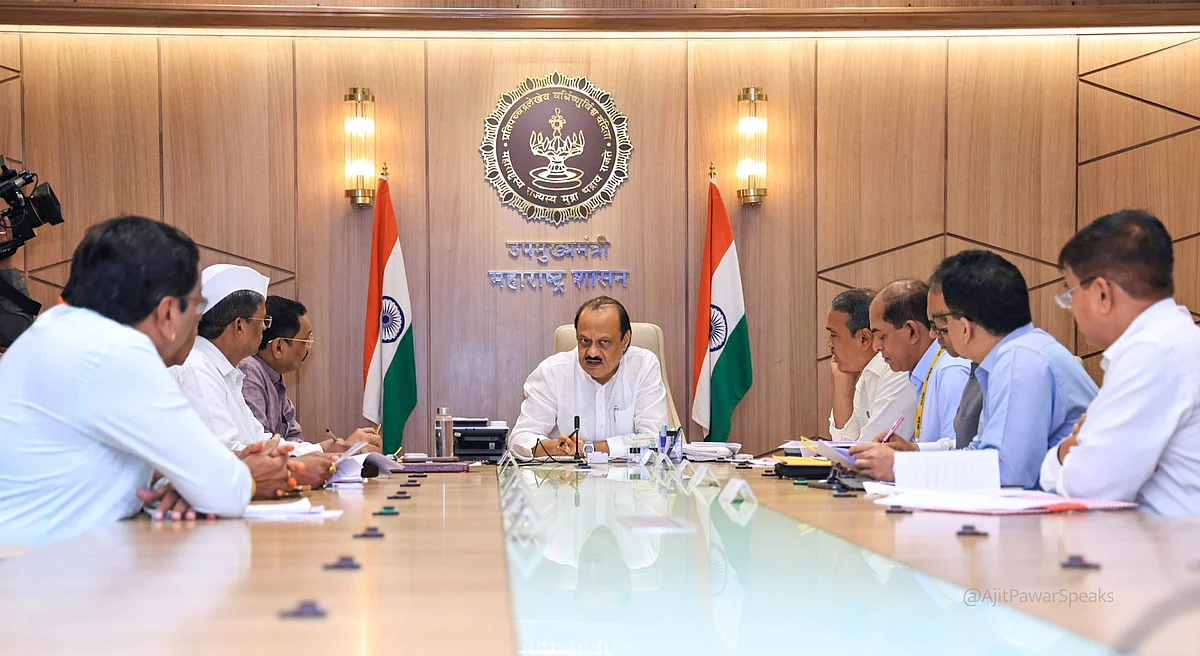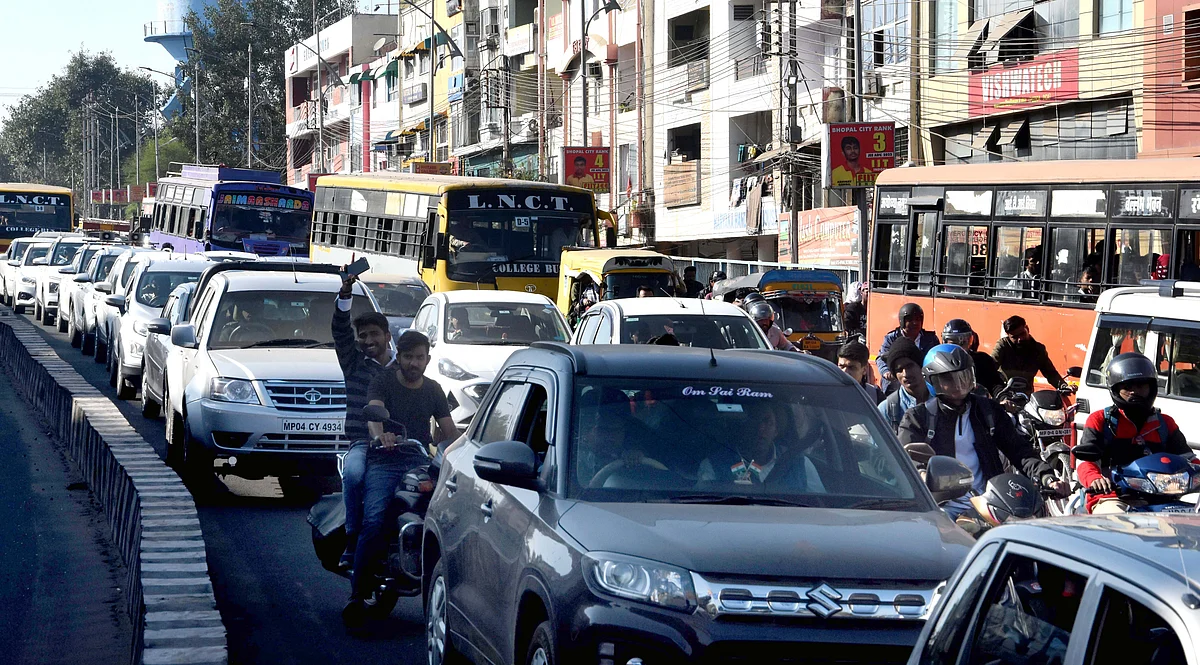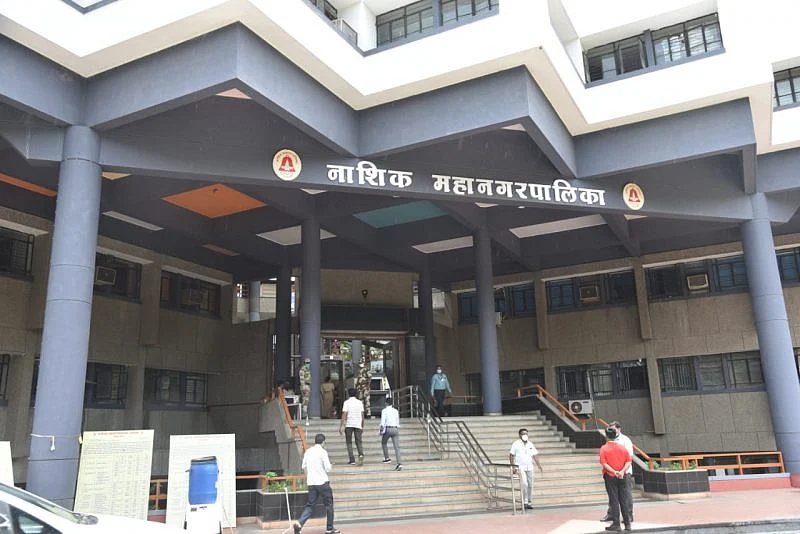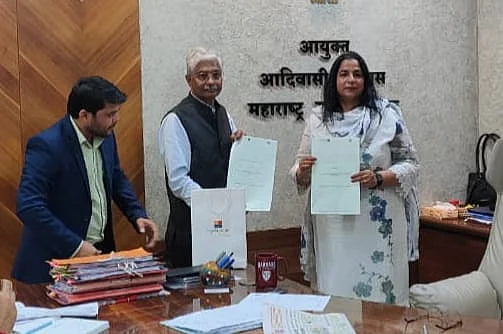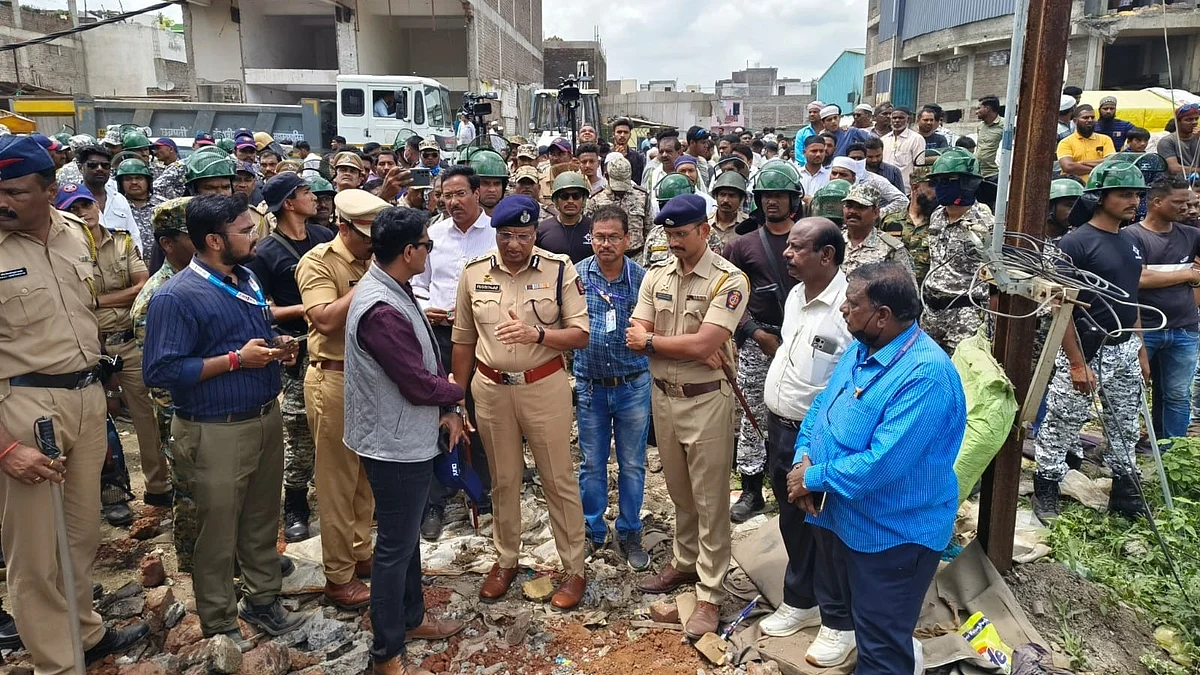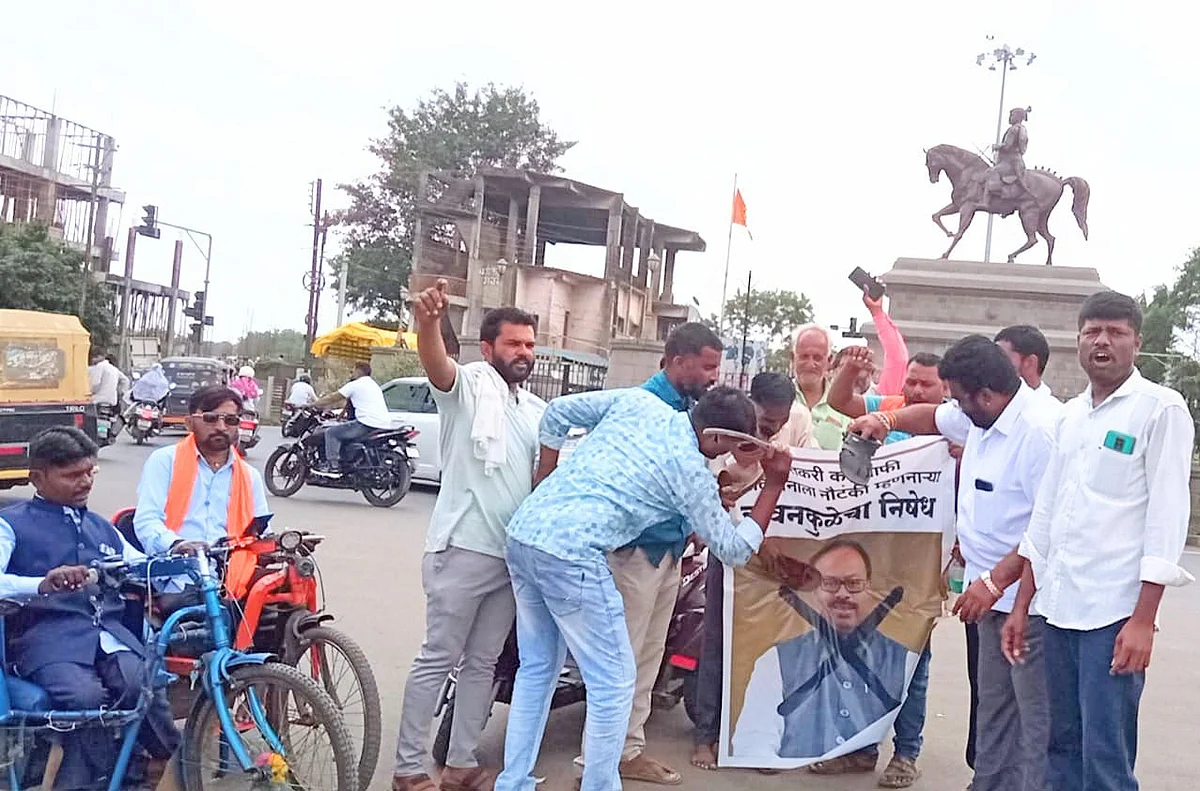Budhwar Peth, located in the heart of Pune, is a bustling electronics marketplace. It is also home to some of the city's most visited temples, including the famous Shrimant Dagdusheth Halwai Ganpati Mandir. Additionally, it is one of India's prominent red-light areas, housing approximately 700 brothels and around 5,000 sex workers.
According to historical records, the roots of the flesh trade in the city can be traced back to the Peshwa era. Prostitution reportedly began in the Shukrawar Peth area to cater to the needs of soldiers and travellers visiting the city during war missions, and later spread to Budhwar Peth.

Anand Chaini
The Free Press Journal recently visited the place and had a conversation with the sex workers. While some asserted that they chose this profession voluntarily, others revealed they had been forced into prostitution. They also discussed the challenges they face, the decline in their business, the struggles their children endure and more.
'Difficult to get customers now that I am older'
Kalyani Kamble, 50, who hails from Kunigal town in the Tumakuru district of Karnataka, said she has been in Budhwar Peth for the last 20 years. "I came to Pune when I was young. My parents married me off at a tender age. My husband was an alcoholic and used to beat me. One day, he came home with another woman, saying he had married her, and then he kicked me out of the house. At that time, my son was only three months old, and I was forced to leave in the middle of the night. I didn't know what to do. I left my baby at my brother's place and came to Pune, not knowing what kind of world I would enter. My son now lives in Karnataka and has no idea what I do for a living. I can't tell him, but I send him whatever I earn. He now has a family to take care of. My brother doesn't accept me, but they take money from me whenever they are in need. I don't mind helping them, as they took care of my son and raised him while I was away. I hardly use the money for myself," Kamble narrated.

Anand Chaini
Speaking about the challenges in her line of work, she said, "It's very difficult to get customers now that I am older. Also, there's a lot of competition among us. The younger girls get more business, while I have to struggle just to get one customer. I often have to bargain, and sometimes, I agree to a very minimal price, like Rs 300. Another challenge I face is my lack of education. I've never been to school, so people take advantage of that. The government should start some basic education training programmes for us so that we can learn. We can't go to normal schools because we wouldn't be accepted there. Even our children don't get quality education because other parents think that their kids will become uncivilised, which is not the case."

'I don't wish to go back to the real world'
Saira Isuali, 32, used to work in the red-light area of Shrirampur in Ahmednagar district before coming to Pune during the COVID-19 pandemic. With the pandemic affecting business, she hoped for a better life in Pune. However, her situation remained largely the same. "I thought I would get good business in Pune, but it's the same. The only difference is that things are more organised here, and the customers aren't as bad. I've encountered criminals before, so I feel safer here," she said.
When asked if she wished to lead a normal life, Isuali responded, "I don't wish to go back to the real world. I am comfortable here. We have our small world where we are not mocked or made fun of. It's easier to be yourself here, with no pretence. I chose this world myself; I was not forced or manipulated to work here. I was married when I was 12 years old. After a few years of marriage, we had two kids, and after a few years, my husband became bedridden due to a serious illness. Someone had to take responsibility, so I started working on a sugarcane farm. But my husband and my in-laws doubted my character. They started mistreating me and questioning my integrity, so I left. With the help of a friend who was already a sex worker, I entered this profession in my early twenties. It's been 15 years now, and I have no regrets. I don't wish to meet anyone from the family. I'm strong and independent."

Isuali shared that she got married to a man from Uttar Pradesh three months ago. "Despite knowing my profession, he said he wanted to marry me. He is a tea seller. We are happily married now. We both share the expenses, and things are going well."
'I wanted to leave this line of business'
Savita Kamble, 40, once wanted to leave this line of business as feelings of shame set in. However, she eventually overcame those emotions and has now made peace with her situation. She said, "My first job as a professional sex worker started very early. I received my first paycheck at 21 years of age. A decade later, as I became more reflective, shame began to creep in. Suddenly, I was embarrassed to tell people what I did for a living. Over time, I have come to terms with it, and now I have made peace with my life."
Describing her typical day, Kamble said, "I wake up at 7am and take care of household chores. If I get a customer during the day, I accommodate them, but mostly nights are the busiest. I like to take an afternoon nap. At 5pm, I get ready to attract customers—it's a task, as the police don't let us stand at that time, so it's like fishing: you keep looking and try to attract customers. I have dinner, and then at 2am, I go back out to find customers. That's usually when we get the most business."
'Authorities need to listen to their issues'
The Free Press Journal also spoke with Alka Gujnal, a social worker who has been working with sex workers in the city for the past 12 years. She emphasised that the authorities need to listen to their issues and address the improvement of their mental health.
"We've seen in movies how 19-year-old girls are trafficked and forced to have sex with 60-year-old men, but the reality is even more daunting. These are complicated stories," said Gujnal.
"I'm fighting for their rights and helping them. These women are more prone to diseases and infections like sexually transmitted infections (STIs) and blood-borne diseases, including HIV, chlamydia, gonorrhoea, syphilis, and hepatitis B and C. Earlier, there was no Pune Municipal Corporation (PMC) health clinic nearby, and these women were hesitant or unable to afford private treatment. Now, a clinic is set to open in this area within a month," she added.


